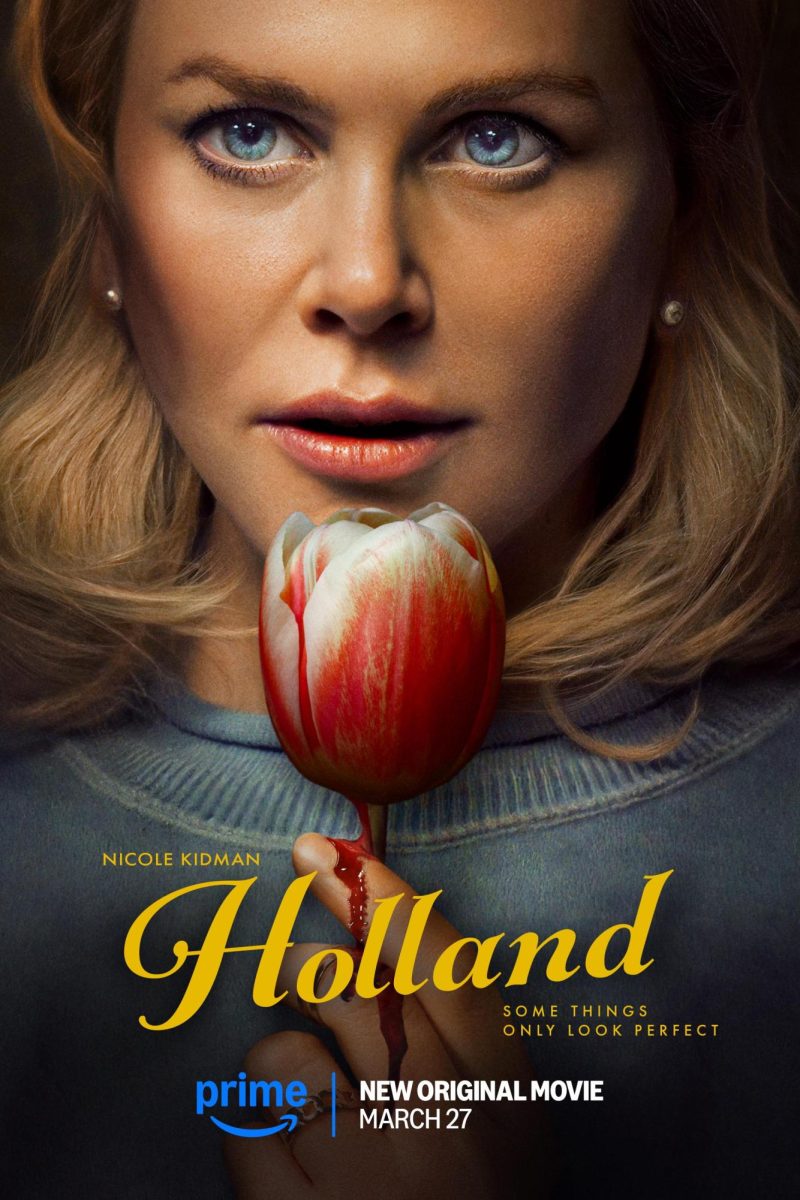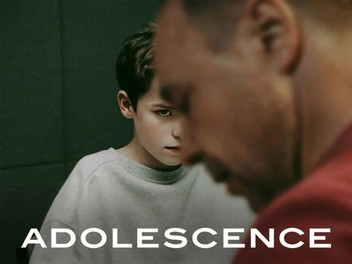Former First Lady and American icon, Jackie Kennedy is remembered for her grace, sophistication, and discreetness. A new book published this week chronicles her surprisingly candid 1964 interview with former White House aide Arthur M. Schlesinger Jr. in which she shows a side of herself that the American public has never seen.
News surrounding the new book, featuring over eight hours of recorded interviews, has focused mainly on the people Jackie did not like or did not think President John F. Kennedy approved of.
She described White House speechwriter Theodore Sorensen as having “a big inferiority complex,” and that he was “the last person you would invite at night.” Jackie considered Martin Luther King Jr. to be a “phony” saying, “I just can’t see a picture of Martin Luther King without thinking, you know, that man’s terrible.” She referred to Charles de Gaulle as “that spiteful man” and “that egomaniac”. Indira Gandhi, the future prime minister of India, was a “bitter, kind of pushy, horrible woman.”
She, perhaps, had the hardest words for Lyndon B. Johnson, JFK’s vice president, labeling his wife as a “trained hunting dog” and expressing her discomfort of his Presidency. JFK and LBJ competed bitterly in 1960 for the Democratic Party nomination and did not share a friendly relationship once in office. “Jack said it to me sometimes. He said, ‘Oh, God, can you ever imagine what would happen to the country if Lyndon were president?” she remembers. “And Bobby told me that he’d had some discussions with him…do something to name someone else in 1968.”
Most surprising is Jacqueline’s critical assessment of the Kennedy family. She admonished the notion that the deceased eldest Kennedy son, Joseph, would have become President had he not been killed in World War II. “He would have been so unimaginative, compared to Jack,” she said. Jackie also contrasted the character differences between Robert F. Kennedy and his sister, Eunice. Robert Kennedy was uncomfortable with his appointment as Attorney General and had begged JFK to rescind it for fear of claims of nepotism. However, Eunice was all too eager to see Sargent Shriver appointed to the head of the department of Health, Education, and Welfare.
“Eunice was pestering Jack to death to make Sargent head of HEW because she wanted to be a cabinet wife,” She tells. “You know, it shows you that some people are ambitious for themselves and Bobby wasn’t.
Jacqueline speaks warmly of her husband throughout the interview. Knowledge of Kennedy’s extra-marital affairs and severe health issues were not yet public and there is very little mention of his assassination. She highlights the domestic side of their relationship and details Jack’s fondness of his children and the nature of their relationship.
“Jack so obviously demanded from a woman—a relationship between a man and a woman where a man would be the leader and a woman be his wife and look up to him as man,” she said.
The President was aware of Jacqueline’s opinions regarding political leaders and tried to persuade her otherwise. “Jack was so sweet. He sort of rubbed my back…and said, ‘You mustn’t say that, you mustn’t say that,’” she remembered. “If you start to say or think that you hate someone, then the next day you’ll act as if you hated him.”
Jackie’s eight hour interview with Arthur M. Schlesinger highlights her eternal love and devotion to her husband. She considered him to be exceedingly intelligent, romantic, and a doting father.
“If anything happens, we’re all going to stay right here with you,” she told her husband during the Cuban Missile Crisis scare. “Even if there’s not room in the bomb shelter in the White House…I just want to be with you, and I want to die with you, and the children do, too—than live without you.”
The book, Jacqueline Kennedy: Historic Conversations on Life With John F. Kennedy, went on sale Sept. 14, 2011 as a part of an ongoing celebration of the 50th anniversary of John F. Kennedy’s first year in office.








